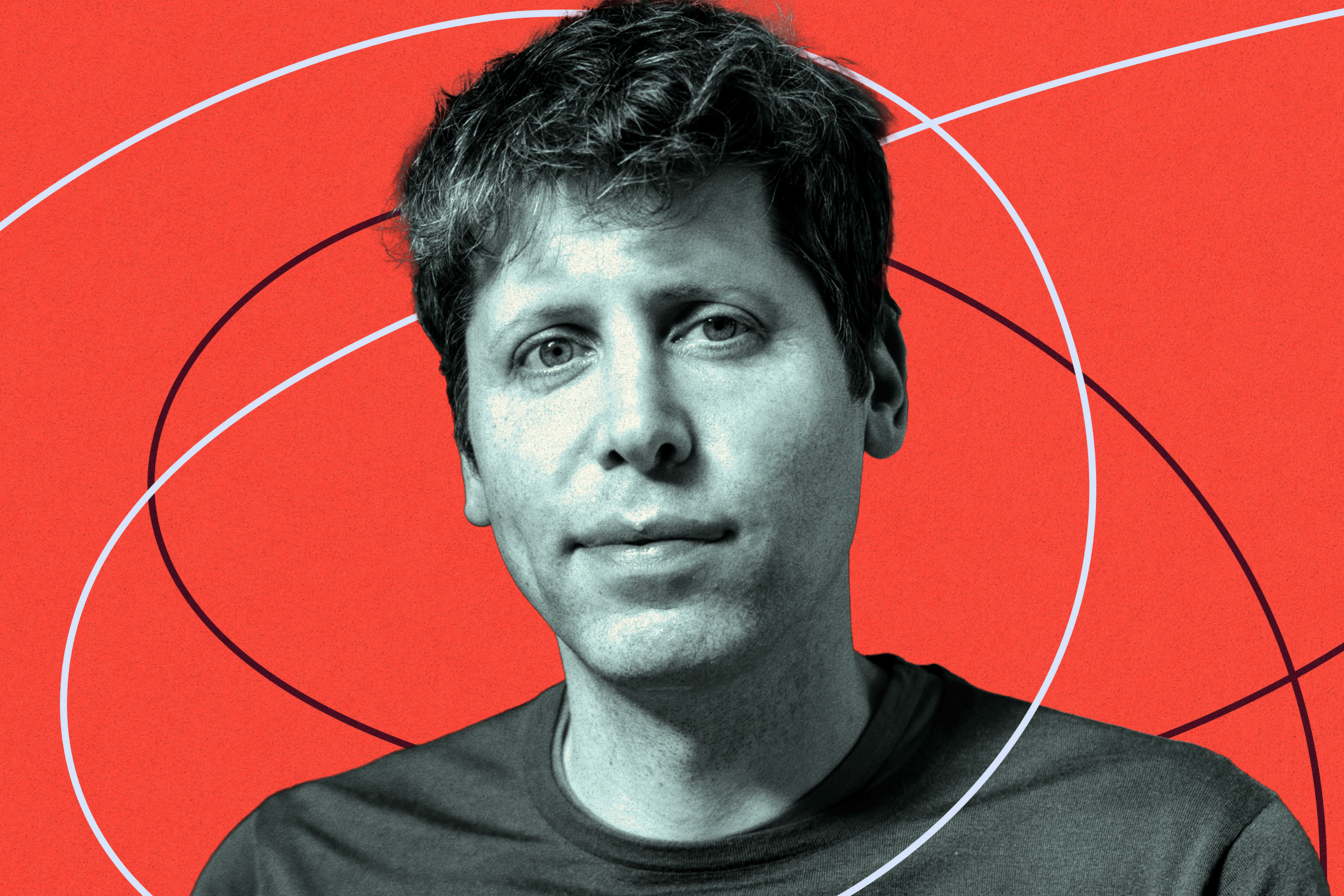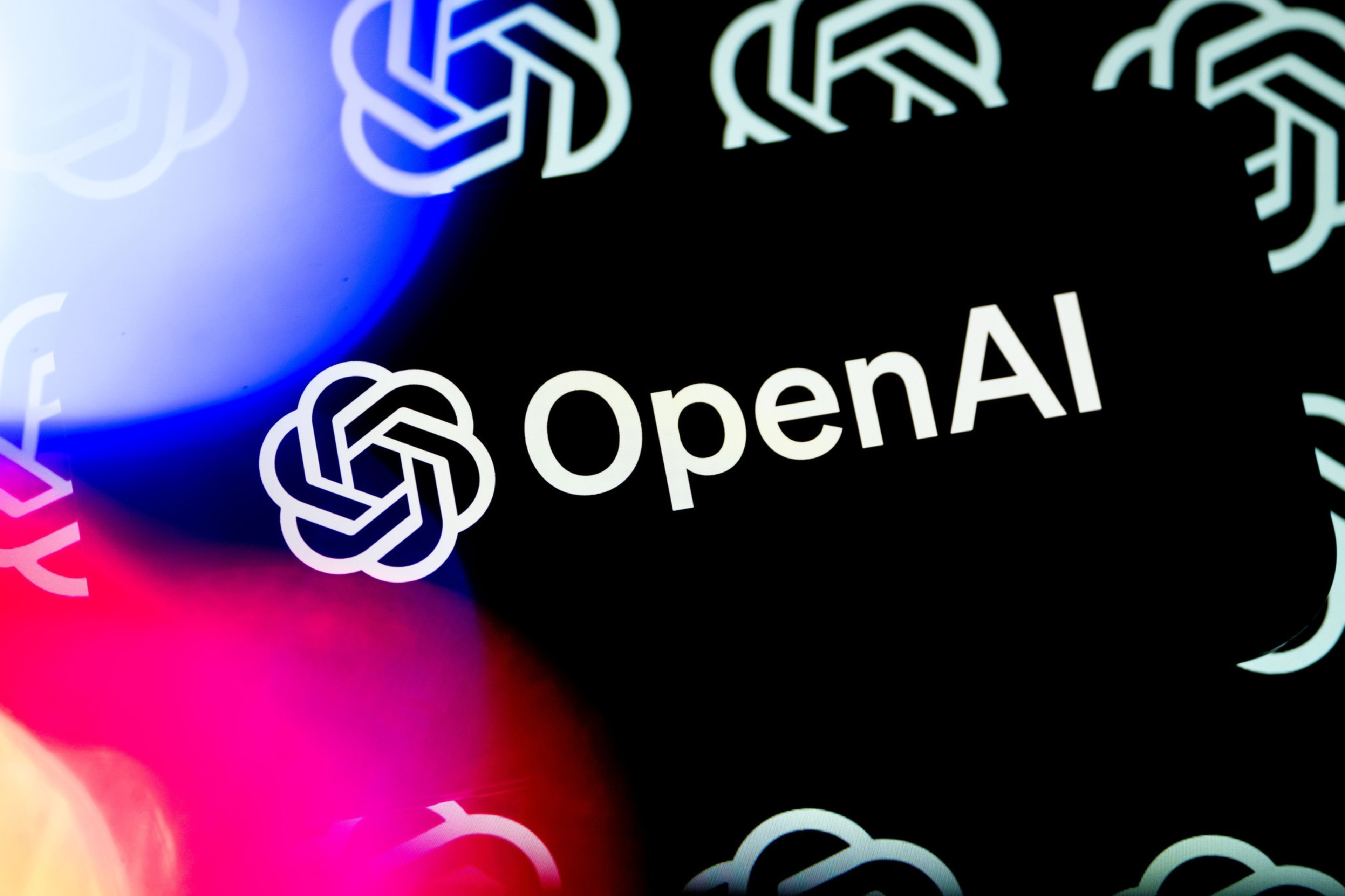A prominent OpenAI researcher was denied a green card and is moving to Canada, despite living and working in the United States for more than a decade, according to a colleague.
Kai Chen — who sometimes goes by Cathy — is described by that colleague as “one of the best AI researchers.” Chen said Friday on X (opens in new tab) that she will be in Vancouver indefinitely.
“It’s deeply concerning that one of the best AI researchers I’ve worked with, @kaicathyc, was denied a U.S. green card today,” Noam Brown wrote (opens in new tab) on X. “A Canadian who’s lived and contributed here for 12 years now has to leave.”
“I’ll be in Vancouver for an indeterminate amount of time!” Chen said in a retweet of Brown’s post. “I have no friends there so would be excited about meeting new people :) Hopefully will return home sometime this year but if not shall make the best of it.”

A research scientist at OpenAI can earn between $620,000 and $1.56 million per year, according to Levels.fyi (opens in new tab), a website that offers tech salary insights. A photo of Chen’s driving license posted to her blog indicates that she lived in San Francisco, where the company is based.
The uprooted researcher is looking for an Airbnb to work remotely, “in full monk mode,” Brown said (opens in new tab).
Five things we learned from our bare-all interview with Sam Altman

At OpenAI, Chen was part of the team behind GPT-4.5. In March, CEO Sam Altman publicly praised (opens in new tab) Chen, writing that she had done “great work.” The model is described (opens in new tab) as the chatbot’s most advanced version.
Chen and Brown did not respond to requests for comment. A spokesperson for OpenAI said in a statement that Chen’s green card application was filed prior to her joining the company, and so it was not involved in the process.
“However, our initial assessment, based on the information provided to us, shows there may have been some paperwork issues in the filing,” the spokesperson said. “We’re continuing to work closely with our employee on their situation.”
U.S. Customs and Immigration Services said it does not comment on individual immigration cases due to privacy concerns.
Many in the tech industry raged at the news.
Investor and prolific X poster Sheel Mohnot slammed the decision, writing (opens in new tab) to his 161,000 followers: “We are brain-draining the U.S. Cathy is an OpenAI researcher. Long-term implications are scary.”
“Immigrants are incredibly important to the future of this country, specifically at this time, when AI is going to be very important to our future,” Mohnot said in an interview. “If you think about the value immigrants add to the U.S., it’s immense. Many top companies are helmed by immigrants. We’re doing ourselves a disservice.”
Mohnot, who has lived in Silicon Valley (opens in new tab) for many years, said people from other countries are scared to work or send their children to college in the United States.
Other tech leaders and investors urged intervention, with some specifically tagging prominent figures like Elon Musk (opens in new tab), Garry Tan, and Trump-supporting investor David Sacks to address the situation. (Musk is an outspoken critic of OpenAI and engaged in litigation against the company, which he cofounded, and with which his xAI competes).
The green-card denial comes against a heightened backdrop of procedural clashes among judicial and administrative branches of government, including a Wisconsin county judge’s arrest (opens in new tab) this week by Federal Bureau of Investigations agents over an alleged immigration dispute, other judges’ concerns (opens in new tab) around U.S. Marshals’ protective duties, and a Southern California mayor’s call (opens in new tab) for free fentanyl and a purge to address the opioid addiction crisis.
